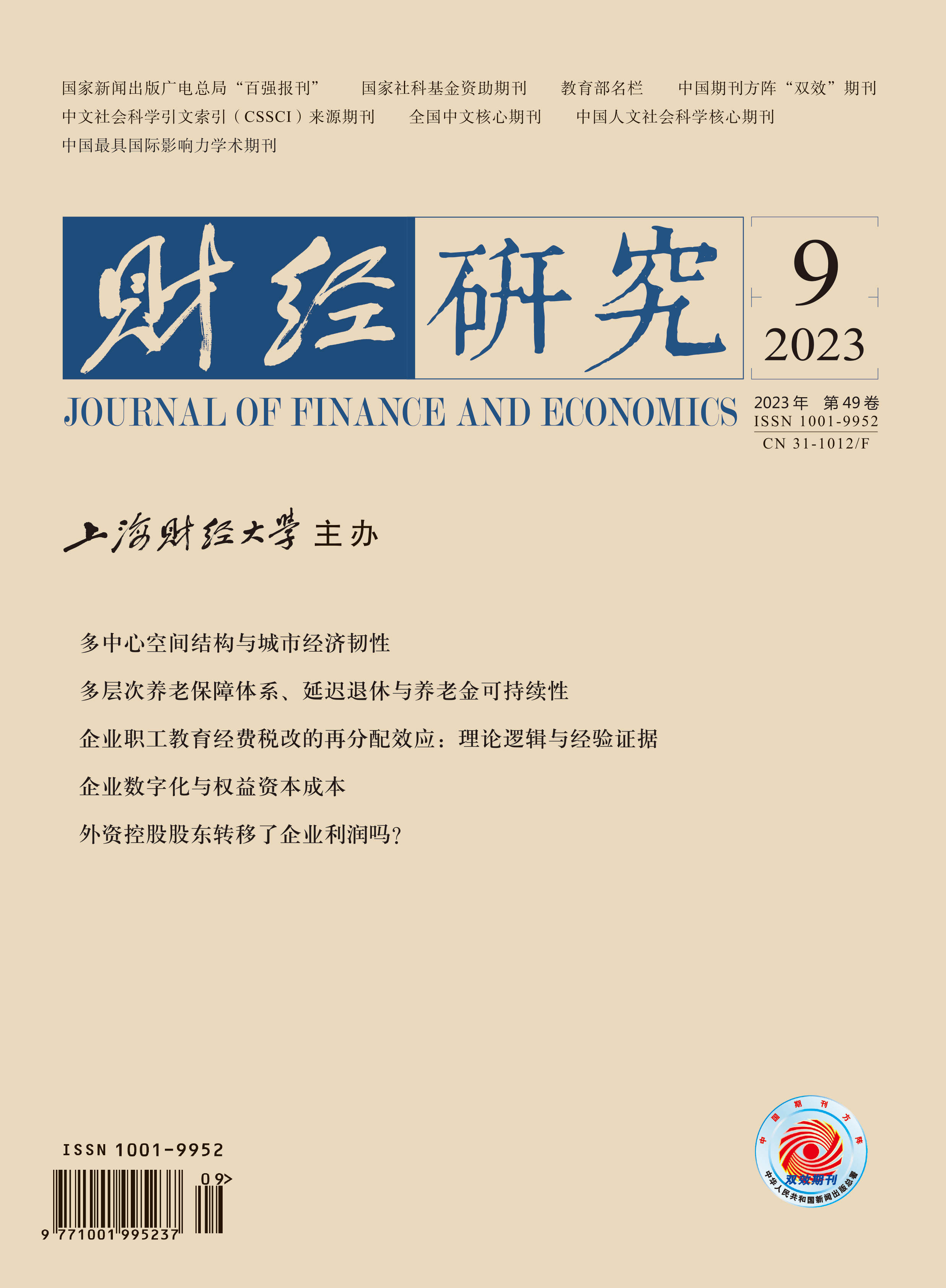How to improve the ESG performance of firms has become a hot topic in both academic and practical fields. Under the background of the vigorous development of the digital economy, digital transformation has given new connotations and significance to this topic. However, even though digital transformation performance has gained widespread attention, it remains unclear whether firms can match the resources, capabilities, and competitive advantages that digital transformation brings with sustainable development and ESG performance. Therefore, it is necessary to investigate the impact and mechanism of firm digital transformation on ESG performance to provide new evidence for an in-depth understanding.
In view of this, this paper takes China’s A-share listed firms from 2013 to 2020 as the sample to explore the relationship between firm digital transformation and ESG performance. The empirical evidence suggests an inverted U-shaped relationship between firm digital transformation and ESG performance. That is, to a certain extent, ESG performance increases with the degree of digital transformation. After exceeding a certain degree, digital transformation, in turn, reduces ESG performance. The conclusion is still valid after a series of robustness tests such as PSM method, instrumental variable method and changing variable measurement. Heterogeneity analysis shows that firms with high R&D investment and state-owned firms can achieve the best ESG performance at a higher degree of digital transformation. Mechanism testing shows that digital transformation mainly affects ESG performance through the two channels of green innovation capability and information disclosure quality.
The contributions of this paper are as follows: (1) It focuses on the antecedents of ESG performance and reveals its nonlinear relationship with digital transformation, which contributes to the related research of ESG and digital transformation. (2) It finds that firms can improve their ESG performance by promoting digital transformation. However, the excessive degree of digital transformation may tighten corporate resources, resulting in poor ESG performance. (3) It explores the moderating effect of the nature of property rights and innovation orientation on this relationship, and further explores the mechanism of this nonlinear relationship. The findings deepen the understanding of ESG performance and provide a theoretical basis and practical guidance for Chinese firms to correctly grasp the consequences of digital transformation, which contributes to the national sustainable development strategy.





 15578
15578  20515
20515

